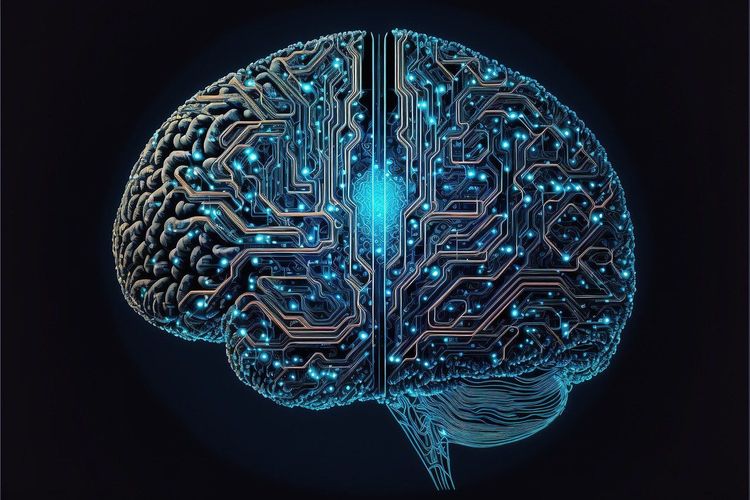OpenAI is making its mark in Japan with the opening of a new office in Tokyo and plans to develop a GPT-4 model specifically tailored for the Japanese language. This expansion is noteworthy for several reasons. First, it signals the company’s ambition to engage with the Japanese market, highlighting the necessity of localizing their technology to accommodate different languages. As discussions surrounding the benefits and challenges of AI intensify among governments, regulators, and the public, having a strategic presence in Japan will enable OpenAI to better understand and influence these critical conversations.
While OpenAI enjoys significant brand recognition, it faces competition from established players. SoftBank is also working to seize the current demand for AI by launching SB Intuitions last November, aimed at creating large language models (LLMs) and generative AI services designed for the Japanese audience.
With approximately 1,200 employees worldwide, OpenAI’s relatively small team must navigate increased interest while considering how to scale operations efficiently. The company established its first international office in London last year, followed by its inaugural European Union (EU) office in Dublin. The Tokyo office marks OpenAI’s first venture in Asia and its fourth global office, including its headquarters in San Francisco.
CEO Sam Altman emphasized Japan’s rich integration of people and technology as a key factor for establishing a formal presence in the region. OpenAI's global expansion strategy has been deliberate; the UK serves as a critical hub for AI talent, while the EU leads in AI regulatory developments. Japan stands out as a significant player in developing and adopting humanoid robots and AI-enhanced hardware. Altman’s world tour last year included discussions with Japan’s Prime Minister Fumio Kishida about launching an office in the country. With Japan chairing the G7 and guiding the Hiroshima AI Process—an initiative focused on AI governance and safety—OpenAI’s choice to expand into Japan is strategically beneficial.
Leading OpenAI Japan will be Tadao Nagasaki, who has joined the company after a distinguished 12-year tenure at Amazon Web Services (AWS), where he directed operations in the region. His appointment underscores OpenAI’s focus on elevating its profile and business relationships with enterprises in Japan.
As president of OpenAI Japan, Nagasaki's goal will be to establish a local team dedicated to strengthening the company’s footprint in the region. OpenAI already serves notable clients including Daikin, Rakuten, and Toyota, all of whom utilize OpenAI’s enterprise-focused version of ChatGPT. This tailored version offers enhanced privacy, data analysis, and customization features beyond those available in the consumer-grade ChatGPT. Additionally, local governments in Japan are using ChatGPT to increase the efficiency of their public services.
ChatGPT has been able to communicate in multiple languages, including Japanese, for some time. However, the enhancement of the latest version of the GPT LLM to better serve the Japanese language will improve its understanding of linguistic nuances and cultural context, making it especially effective in business scenarios like customer service and content creation.
OpenAI asserts that its customized model will deliver improved performance, with greater speed and cost-effectiveness compared to the previous generation. Initially, access to the GPT-4 custom model will be granted to select local businesses, with wider accessibility through the OpenAI API expected in the upcoming months.







